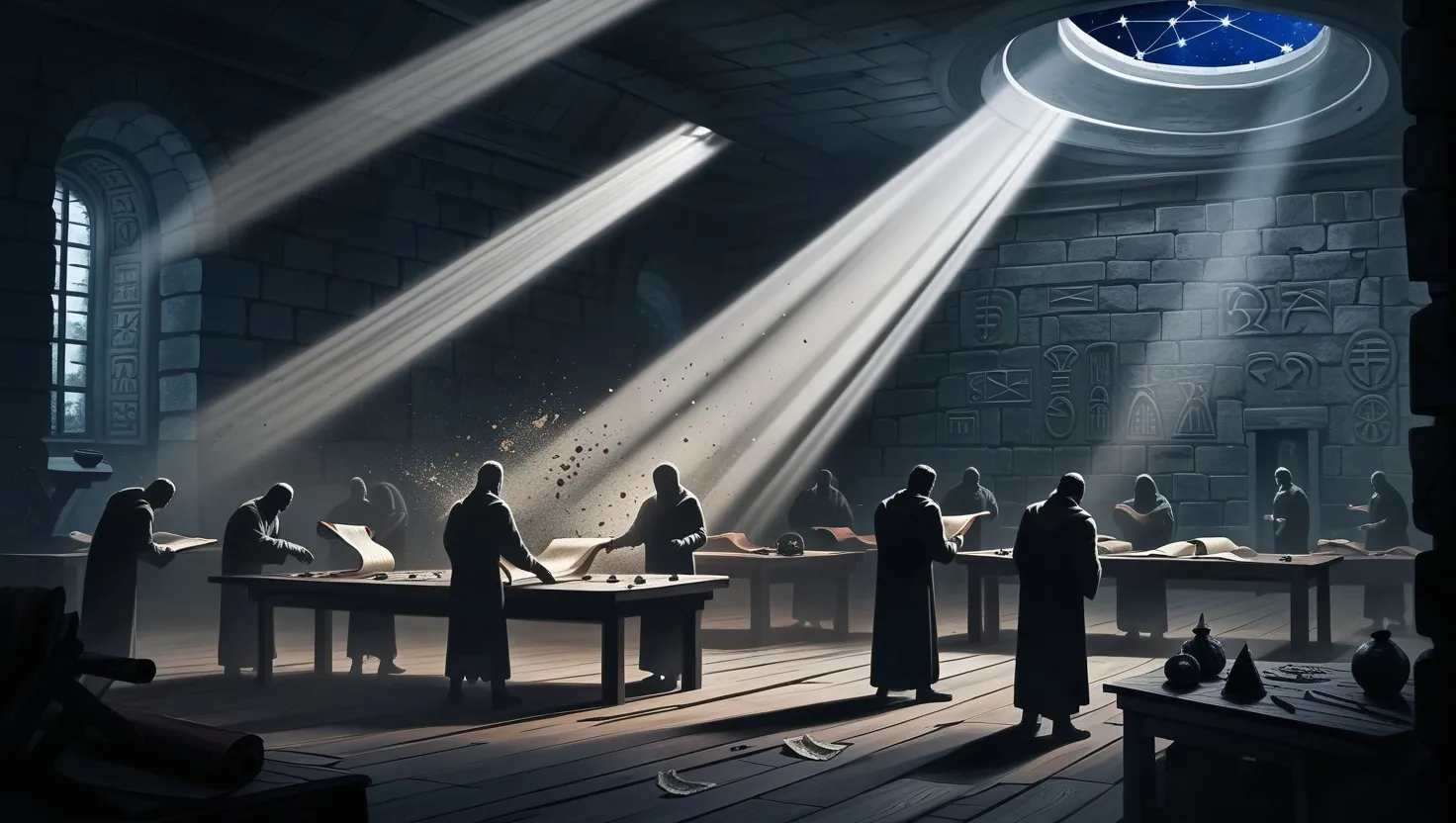Ancient Secret Societies Among Us: Hidden Knowledge That Shapes Our World
Discover the mysterious world of secret societies guarding ancient wisdom. From the Priory of Sion to the Nine Unknown Men, explore whether these keepers of forbidden knowledge still operate today. What secrets remain hidden? Find out now.

Toxic Truth: How Silent Spring's Research Exposes Chemical Cover-ups and Cancer Links
Discover how Silent Spring Institute revealed environmental toxins linked to disease clusters and faced industry pushback. Learn about chemical cocktail effects and regulatory failures in this exposé of environmental health research. #ChemicalSafety #PublicHealth
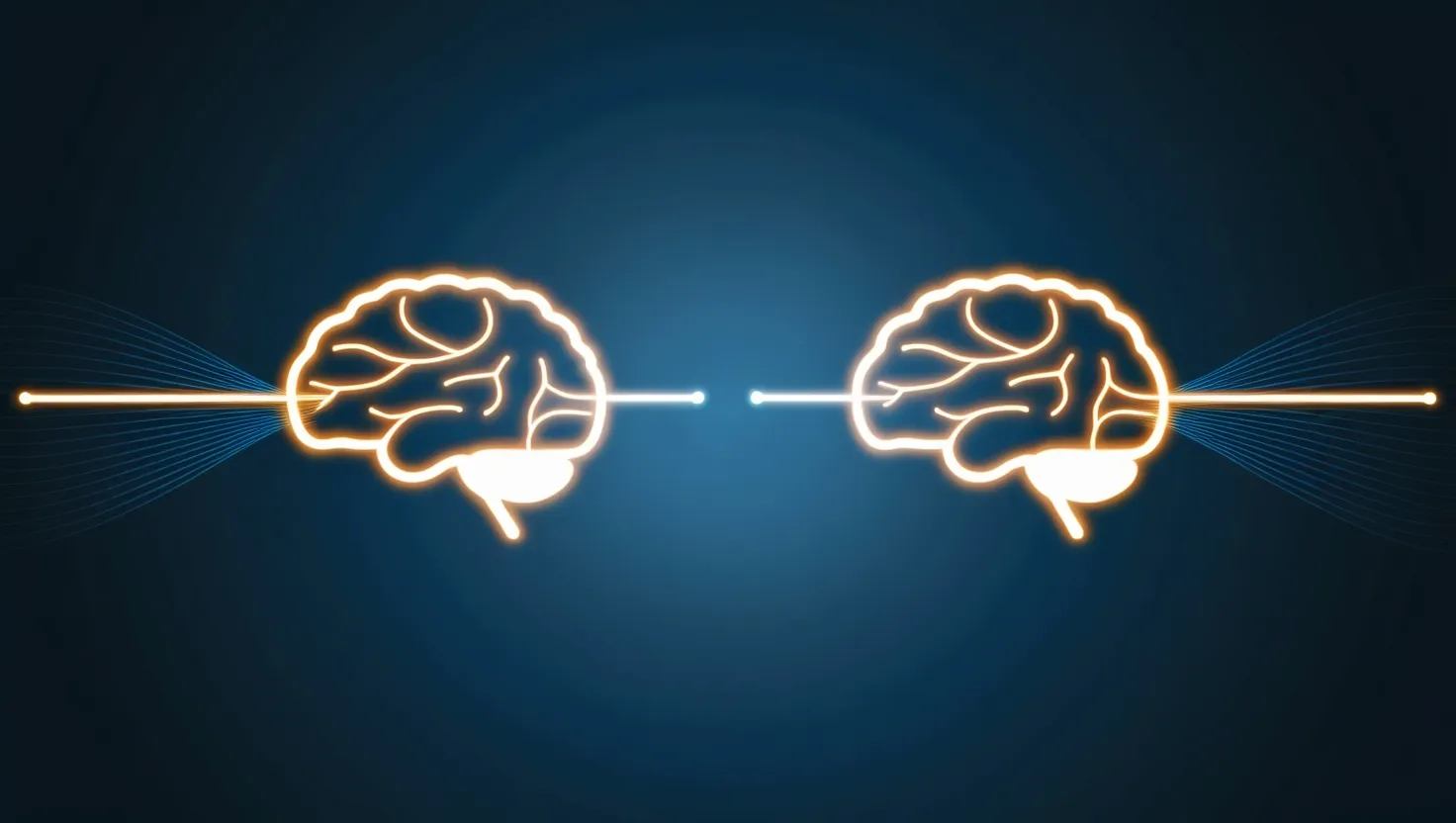
Quantum Brain Link: How Comatose Patients Mysteriously Shared Neural Activity
Discover the mind-bending Geneva case where comatose patients shared synchronized brain activity. Explore how quantum physics might explain this neural connection phenomenon and its implications for consciousness science. Read now.
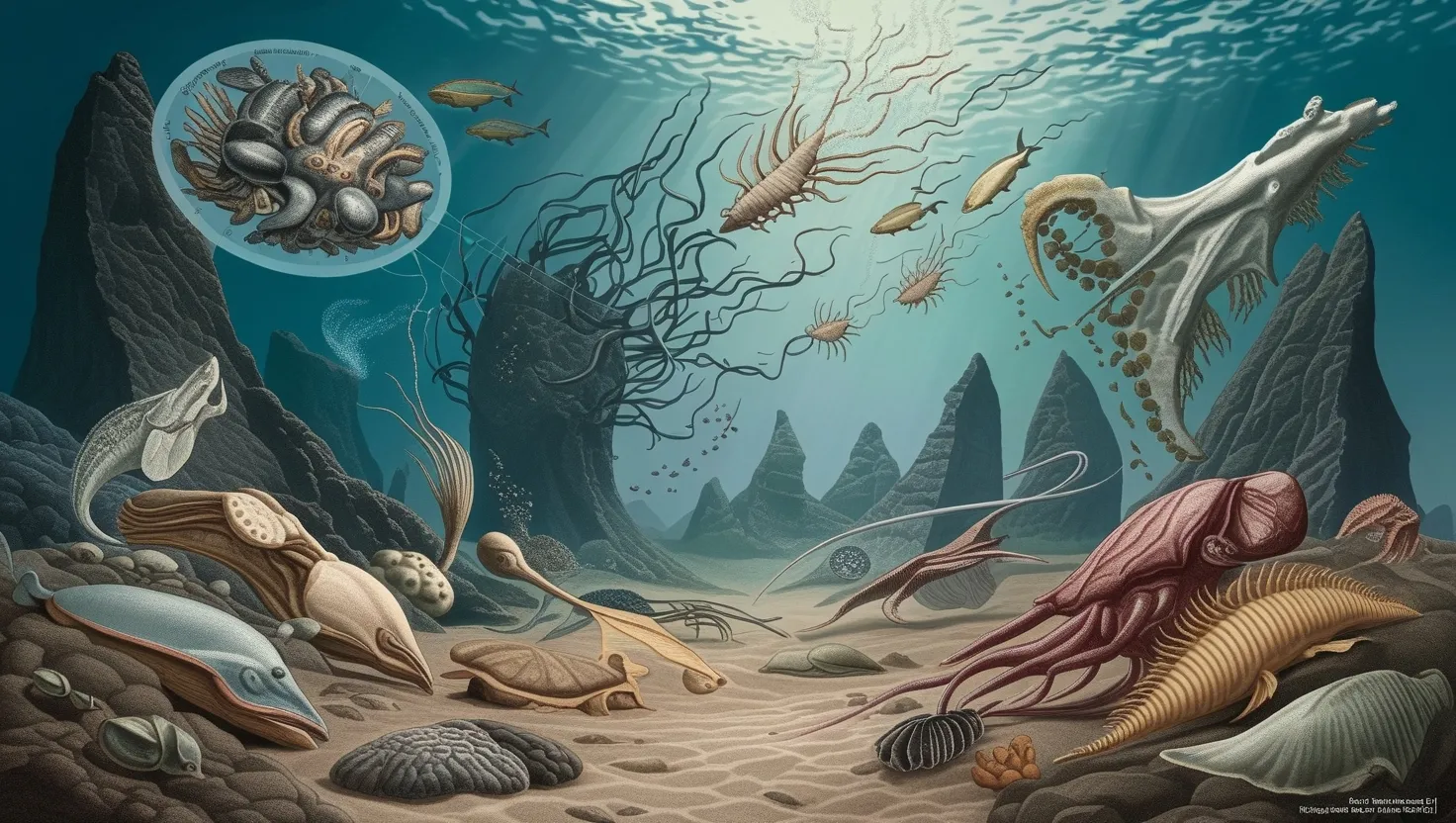
Cambrian Paradox: How 500-Million-Year-Old DNA Challenges Evolution Theory
Discover how recent genomic analysis of Cambrian fossils challenges evolutionary theory. Explore the puzzling genetic sequences that suggest advanced patterns in 500-million-year-old organisms. Read more about this scientific mystery and its implications for our understanding of life's origins.
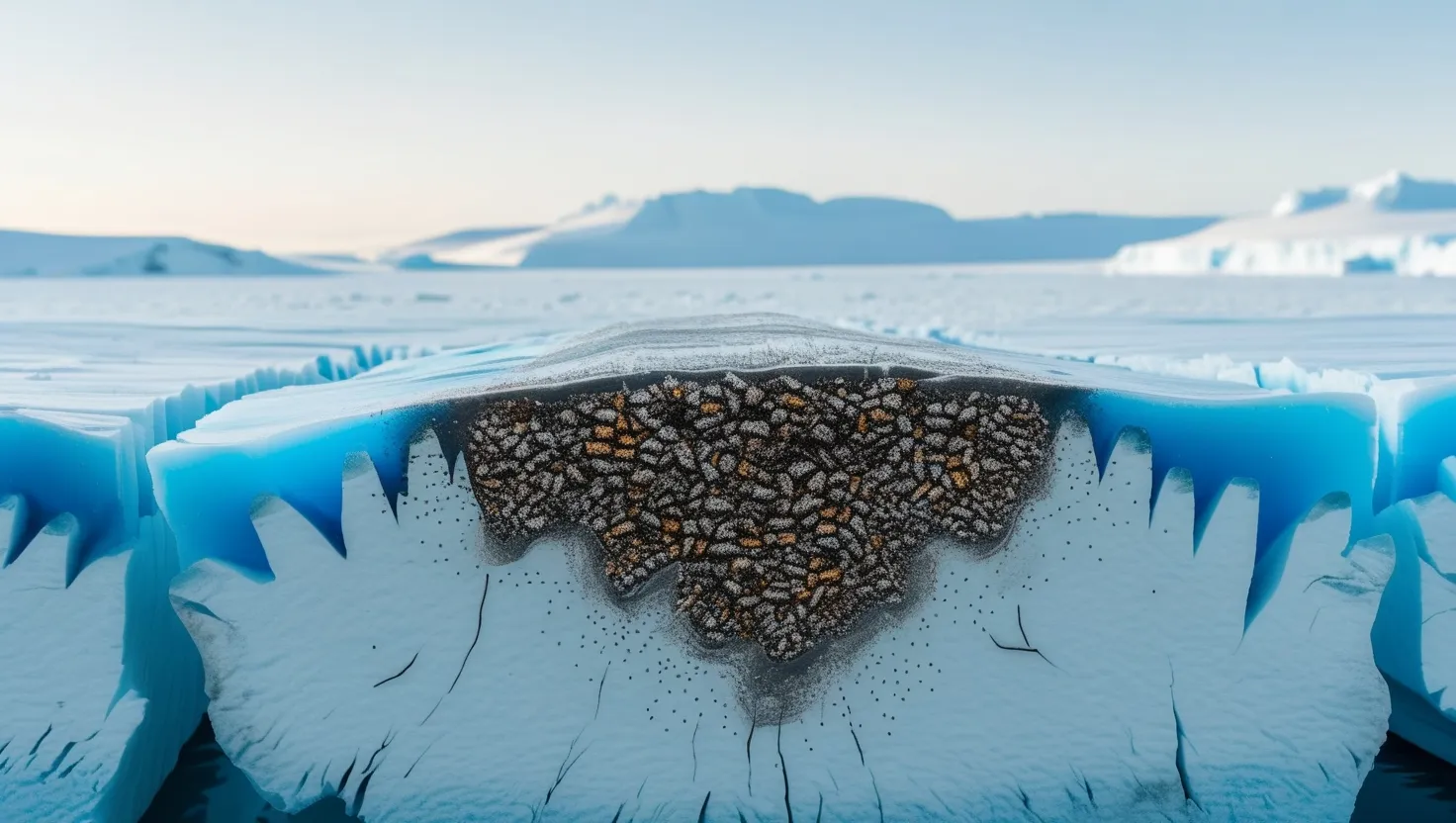
Antarctic Ice Core Anomaly: Hidden Climate Engineering Evidence Challenges Historical Narratives
Discover the Antarctic Ice Core Anomaly: synthetic compounds and metal nanoparticles found in ice predating their invention. Explore how these findings challenge climate history and suggest early geoengineering efforts. Read about this scientific mystery today.

8 Unexplained Cases of Mass Memory Loss That Defy Scientific Explanation
Discover 8 mind-bending cases of collective amnesia where groups forgot major events together. From vanishing days to contradictory memories, explore how shared recollections can mysteriously disappear. What does this mean for history's reliability?
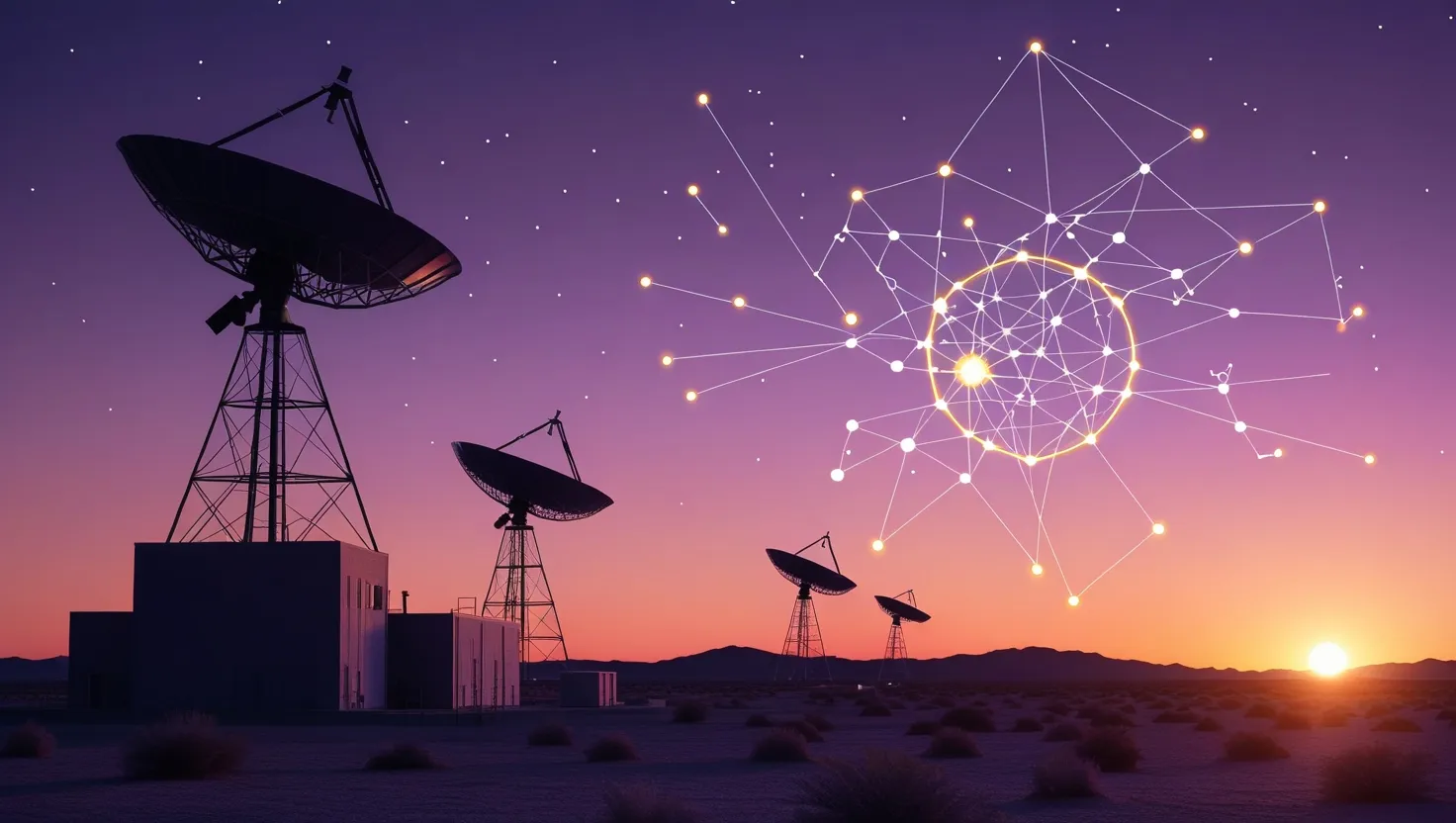
Pine Gap's Quantum Secret: Inside Australia's Teleportation Research Facility
Explore Pine Gap's quantum mysteries: Evidence of teleportation technology or elaborate conspiracy? Discover how unexplained quantum fluctuations near this secretive Australian-US base challenge our understanding of physics. Read more now.
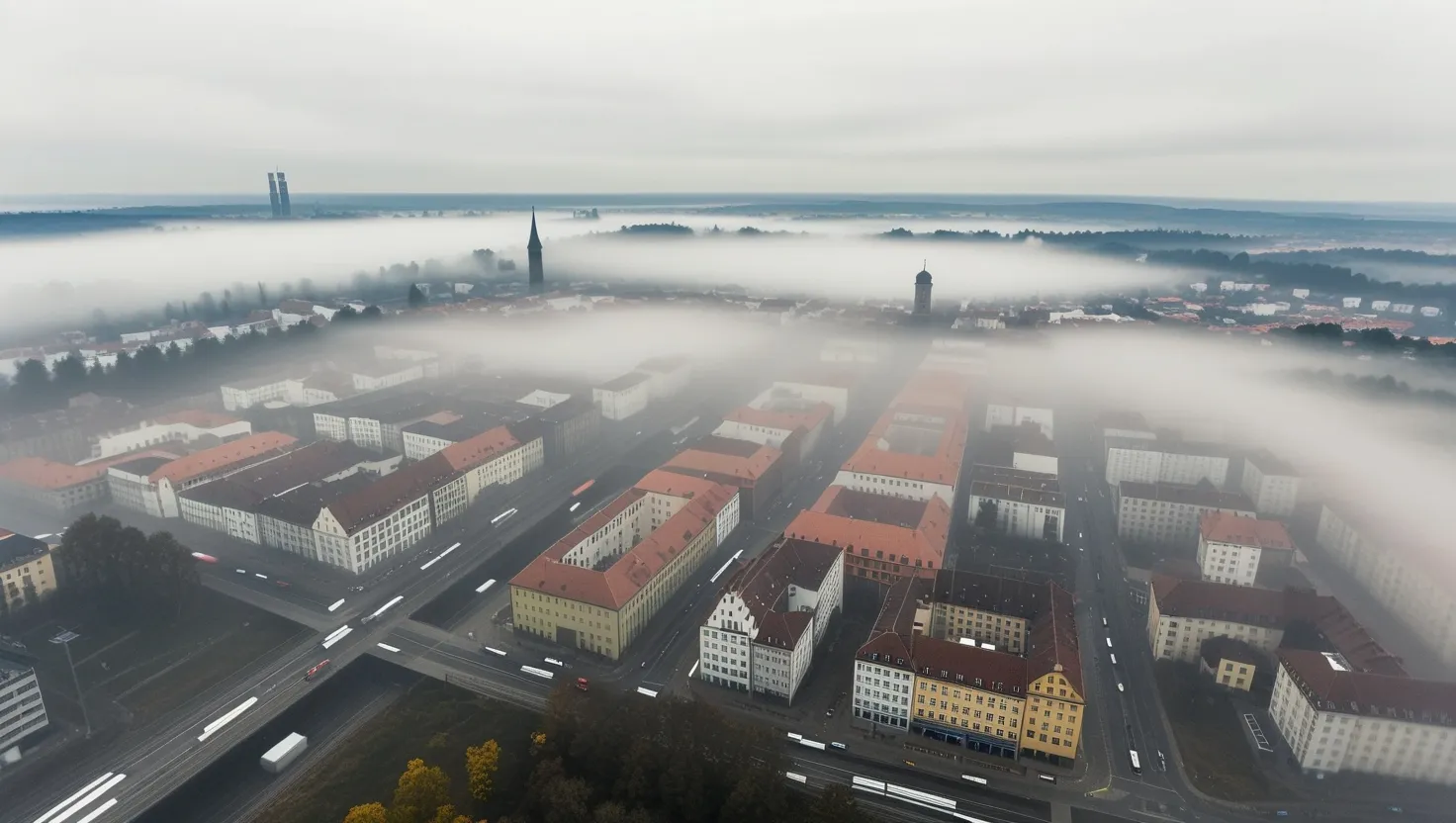
The Bielefeld Conspiracy: Germany's Most Famous City That Doesn't Exist
Discover the Bielefeld Conspiracy: Learn why some believe this German city doesn't exist. Explore the intersection of myth, quantum physics, and human perception in this fascinating cultural phenomenon. #ConspiracyTheories
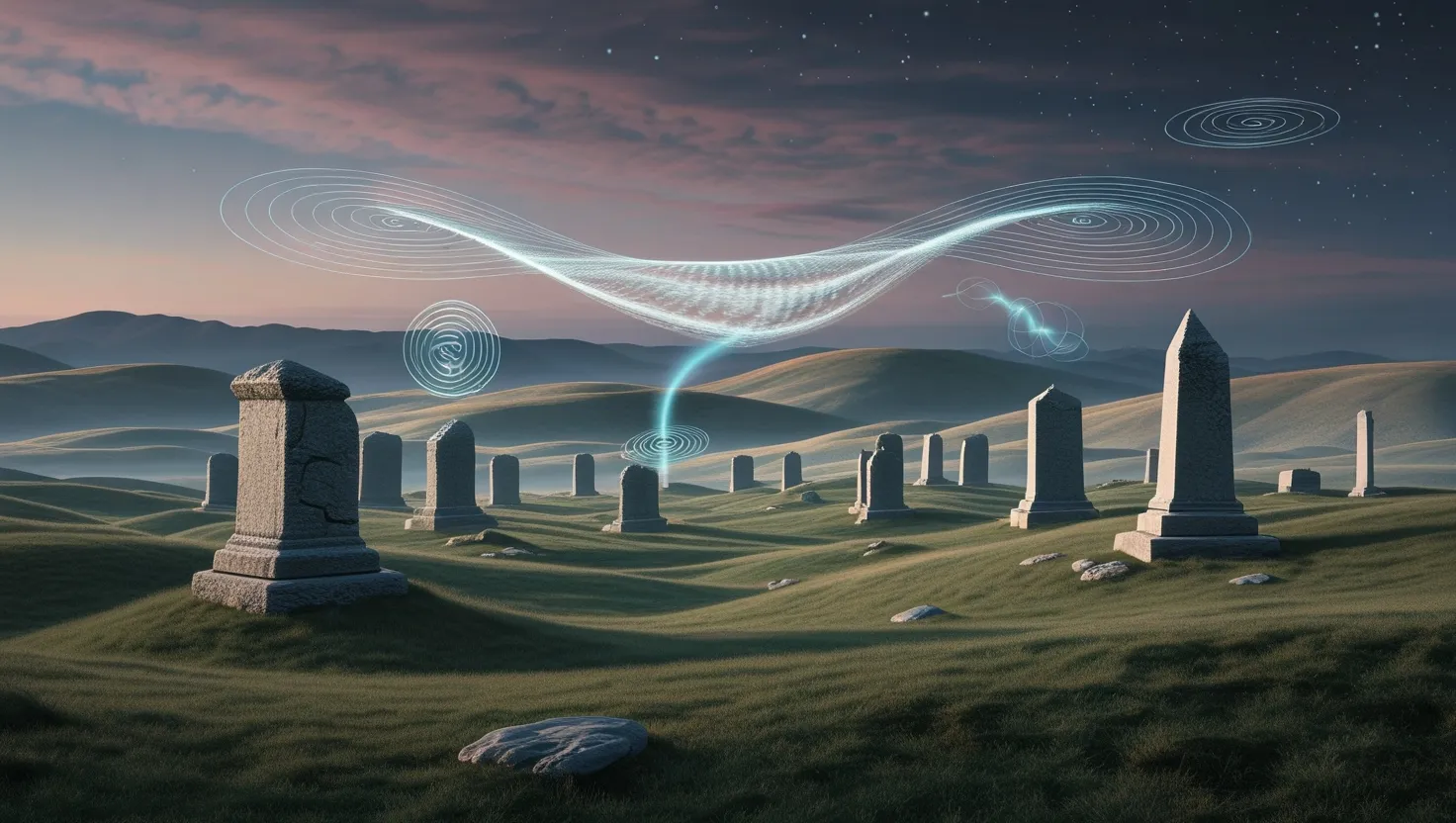
Quantum Anomalies in Earth's Magnetic Field: When Physics Defies Classical Theory
Discover how the Aharonov-Bohm effect challenges physics as quantum phenomena appear at Earth's geomagnetic anomalies. Explore the evidence behind these mysterious sites and their implications for technology and consciousness. Read more.
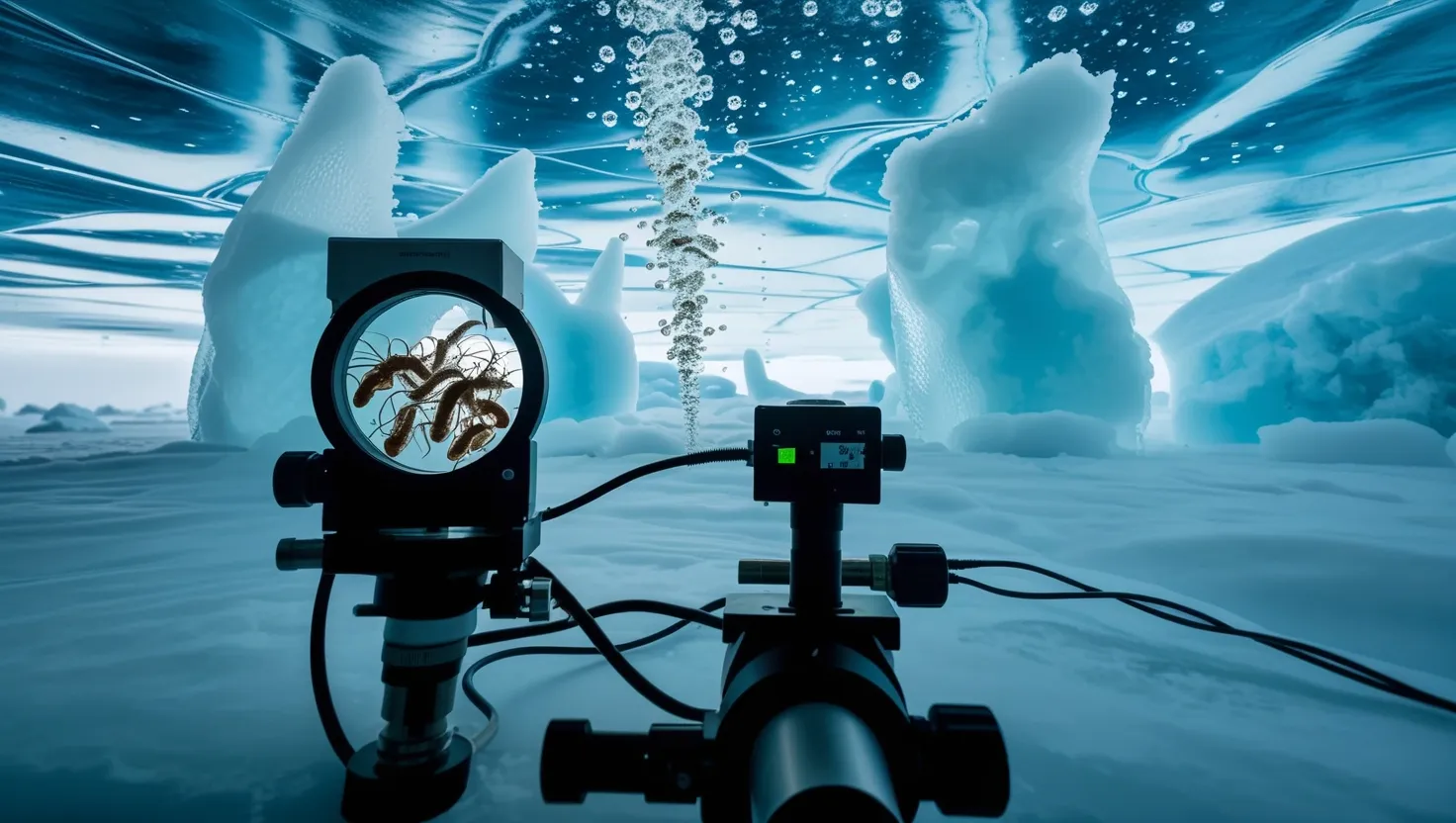
Antarctic Methane Microbes: Hidden Climate Influencers Beneath the Ice
Learn how Antarctica's methane-producing microbes challenge climate science and reveal possible Cold War secrets. Explore the intersection of microbiology and climate dynamics in Earth's most extreme environment. Discover the implications for global warming.
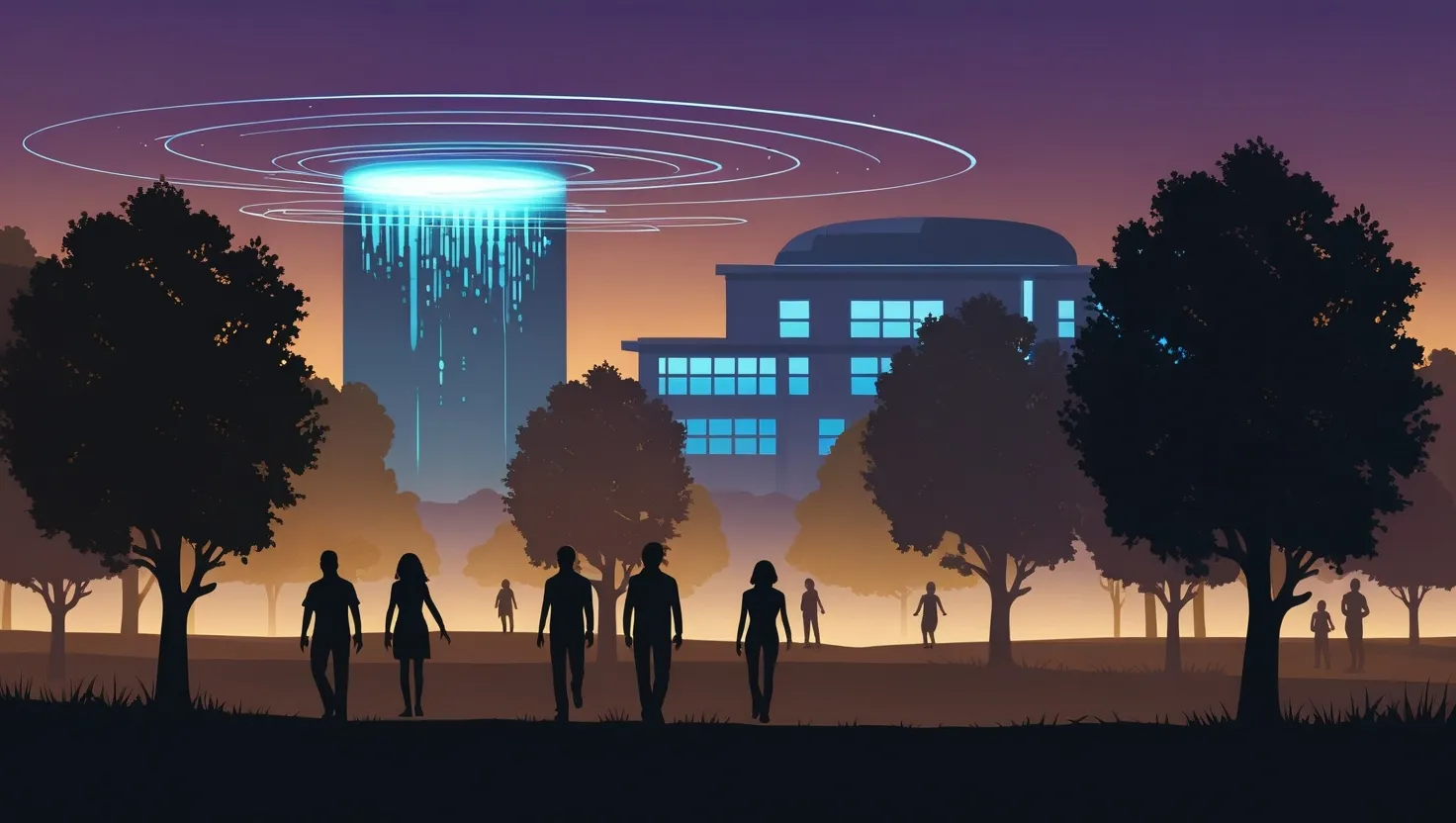
Quantum Entanglement of Minds: The Unexplained Cicada Grove Mass Memory Phenomenon
Discover the mysterious Cicada Grove Incident where quantum physics altered collective memories in a California town. Learn how classified experiments revealed startling connections between consciousness and quantum mechanics that challenge our understanding of reality.

Novichok Delta Paradox: Chemical Mysteries Behind Salisbury's Deadly Nerve Agent Attack
Explore the Novichok mystery that challenges scientific understanding of nerve agents. This toxicologist examines unexplained properties from the Salisbury incident and their implications for chemical weapons monitoring. Learn how these findings may reshape global security. Read now.
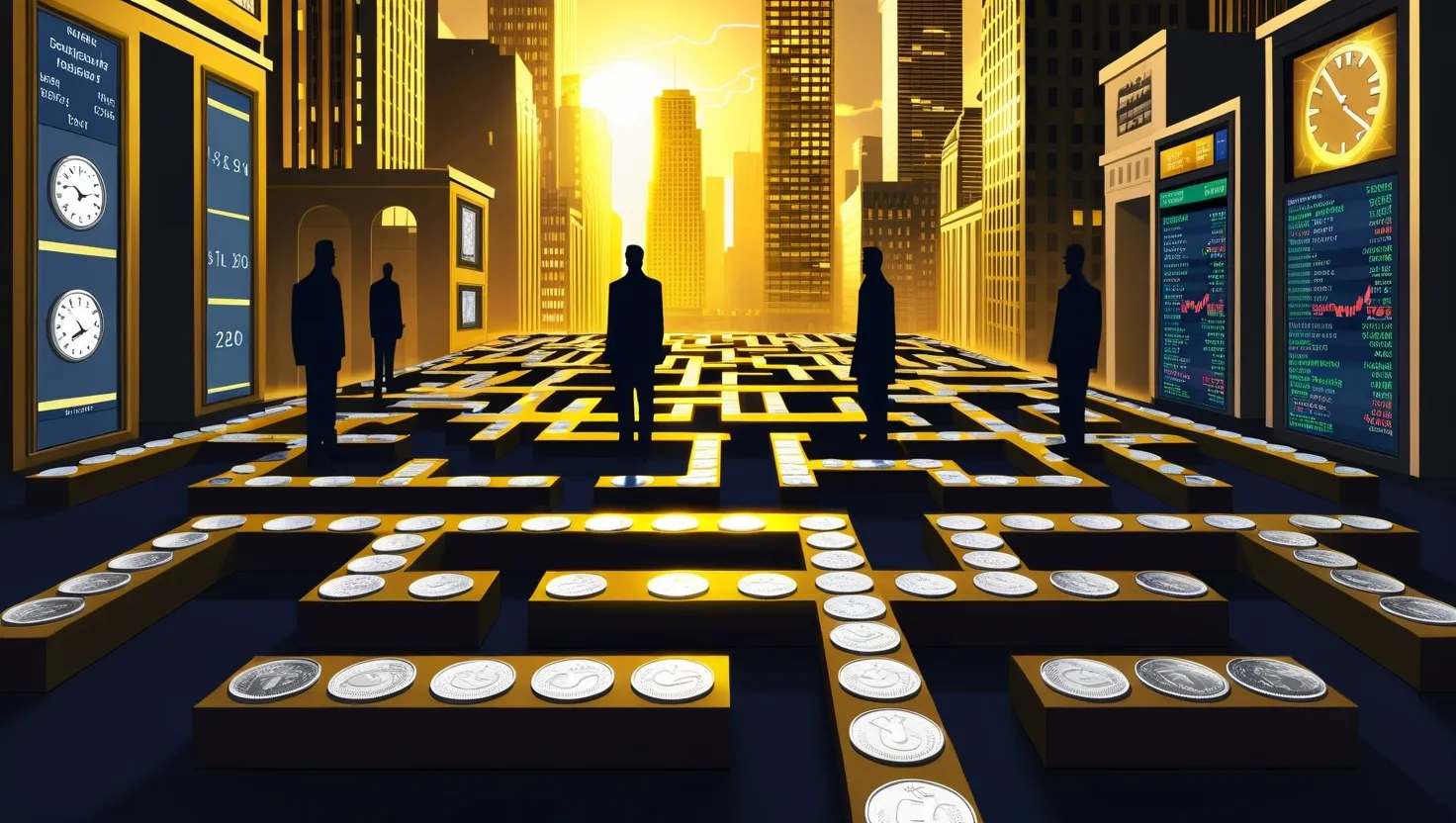
10 Shocking Financial Conspiracies That Shook Global Markets
Discover shocking financial conspiracies that threatened global markets—from the Hunt brothers' silver manipulation to the LIBOR scandal. Learn how hidden forces shape our economy and what risks remain today. #FinancialExposé
